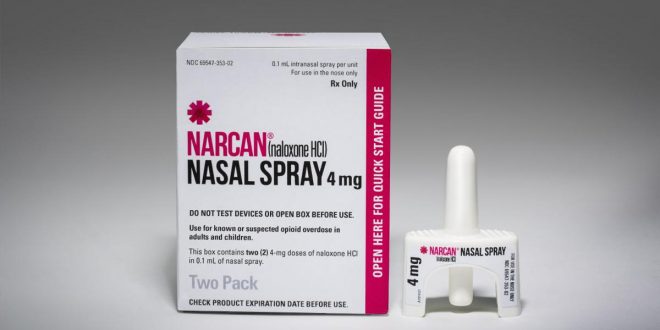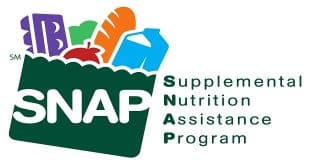INDIANAPOLIS – Governor Eric J. Holcomb and the Indiana Family and Social Services Administration today announced the state will fund a nearly $1 million distribution of the opioid reversal agent naloxone to ensure the medication reaches Hoosiers who are at-risk of overdose.
“In the face of COVID-19, it’s even more imperative that we provide resources and support for people with substance use disorders,” Gov. Holcomb said. “Making potentially lifesaving treatments more readily available is one of the top ways we can address this crisis.”
Funds were made available by the federal Substance Abuse and Mental Health Services Administration’s state opioid response grant.
Naloxone, or Narcan, is a medication approved to prevent overdose by opioids. Naloxone is given when a person is showing signs of opioid overdose. It blocks the toxic effects of the overdose and is often the difference between a patient living and dying.
Overdose Lifeline, Inc., an Indiana nonprofit dedicated to helping individuals, families and communities affected by substance use disorder through advocacy, education, harm reduction, prevention, resources and support, will distribute 25,000 doses of naloxone to first responders, families, friends and others who are likely to be the first on the scene if someone overdoses. The organization has been on the front lines of the opioid epidemic since 2014.
Naloxone is a critical tool for individuals, families, first responders and communities to help reduce opioid overdose deaths. Access to naloxone, however, continues to be limited in some communities.
Local health departments registered with the Indiana State Department of Health as entities to dispense naloxone may be experiencing limited access to resources due to the COVID-19 pandemic. The state’s partnership with Overdose Lifeline, Inc. allows local health departments to devote their resources to the COVID-19 public health emergency.
“The beauty of Overdose Lifeline, Inc. is our ability to get naloxone into the hands of people across the state without any barriers,” said Justin Phillips, founder of Overdose Lifeline, Inc. “We understand this overdose reversal drug can be costly for people. This distribution of naloxone will lift that burden off Hoosiers across the state.”
First responders, families, caregivers and other individuals who would like to receive a supply of naloxone can register online at www.overdoselifeline.org/2020-indiana-naloxone-request.
The Indiana Family and Social Services Administration and Indiana Department of Homeland Security also announced today that Indiana’s emergency medical responders will be reimbursed in full through the state’s Medicaid program when they administer naloxone. The change in payment policy will be effective July 1, and was made in consultation the U.S. Centers for Medicare and Medicaid Services. Indiana will become one of the first states to pay EMS providers for both the administration of the drug andthe medication itself.
Previously, EMS personnel were able to administer naloxone under an expiring federal grant. Including naloxone as a covered Medicaid benefit will help ensure funding is available for EMS first responders to continue to administer naloxone.
Effective July 1, Indiana Health Coverage Programs, which includes the Healthy Indiana Plan, Hoosier Healthwise, Hoosier Care Connect and Traditional Medicaid, will reimburse specialty providers who bill the state after a naloxone administration. This was initially communicated to IHCP providers through this bulletin (when) and further guidance will be published soon. Indiana Health Coverage Programs and the Indiana Department of Homeland Security are also planning training sessions to provide guidance and to answer any questions.
A list of resources around naloxone may be found at the ISDH website at optin.in.gov.






